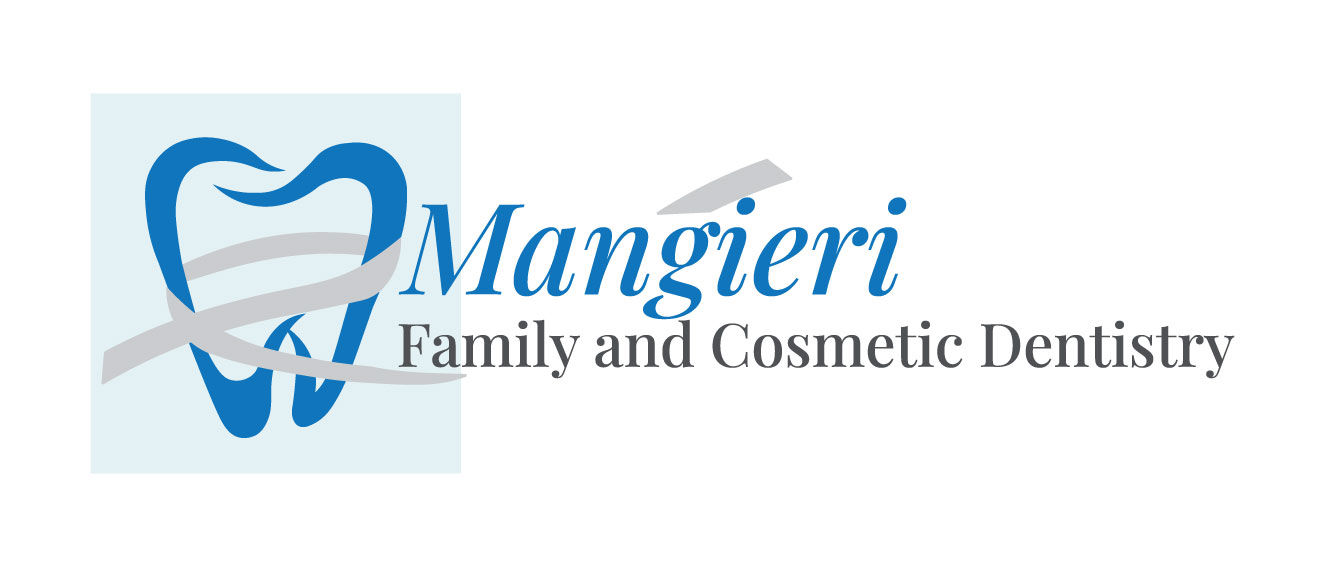Tooth Extraction
 At Gary C Mangieri, DMD PLLC, we strive to keep your teeth in a beautiful, healthy state. Our preventive, cosmetic, and restorative services are designed to provide you with a lifetime of natural teeth. Unfortunately, this is not always the possible. Sometimes, tooth extraction may be a necessary step to improve your oral health. Not to worry, though, we offer several solutions that replace missing teeth! At Gary C Mangieri, DMD PLLC, we strive to keep your teeth in a beautiful, healthy state. Our preventive, cosmetic, and restorative services are designed to provide you with a lifetime of natural teeth. Unfortunately, this is not always the possible. Sometimes, tooth extraction may be a necessary step to improve your oral health. Not to worry, though, we offer several solutions that replace missing teeth!
Reasons You May Need a Tooth Extraction
There are a few reasons you may need a tooth extraction. We will always attempt to save a broken or damaged tooth with a dental crown before we suggest extraction. However, there are instances where the damage or decay is too severe for repairs. In this case, your tooth will need extraction. Teeth that are extremely loose due to periodontal (gum) disease or trauma may also require extraction, particularly if a bone graft is unsuccessful or impossible.
Other reasons for extraction include:
| • |
Extra teeth that prevent others from erupting properly
|
| • |
Primary (baby) teeth that do not fall out at the appropriate time
|
| • |
Radiation treatment or cancer medications that cause an infection in the tooth
|
| • |
Orthodontic treatment that requires additional room in the jaw so that teeth can be moved to their proper position
|
| • |
Preventing the spread of infection due to periodontal disease
|
| • |
The removal of third molars, commonly referred to as wisdom teeth, that lead to impacted teeth, severe pain, cysts or infection, and crowding issues |
Simple Extractions
There are two types of extractions: simple and surgical. A simple extraction is performed on a tooth that has already erupted above the gum tissue. Before your simple extraction, we will administer a local anesthetic to numb the area and eliminate any pain or discomfort. Next, Dr. Gary Mangieri will loosen the tooth from its socket and connective ligaments using an instrument known as an elevator. Once the tooth is loose enough, we will use a pair of forceps to remove the tooth from its socket.
After a simple extraction, a blood clot should form within the socket. The clot is a crucial part of the healing process. We usually pack the area with gauze to help reduce the bleeding. In some cases, we may also use a couple of stitches. If the blood clot breaks or loosens, it could lead to a painful condition called dry socket. If this happens, be sure to contact us as soon as possible.
Surgical Extractions
A surgical extraction is a little more complex, typically reserved for teeth that have yet to erupt, or broken off at the gumline. During your surgical extraction, we will make a small incision in the gum tissue to expose the tooth. Again, we will use local anesthetic beforehand to eliminate pain. We may also recommend some form of sedation to provide a more relaxing and comfortable experience. Once the tooth is exposed, we will remove it from the socket. We may need to break the tooth into several pieces if it is particularly hard to remove. We may also need to cut away some of the surrounding bone to extract it.
Schedule an Appointment
Regular checkups and professional cleanings can drastically reduce your risk of developing dental problems that lead to extractions. Call 412-366-0668 to schedule your appointment now!
|

